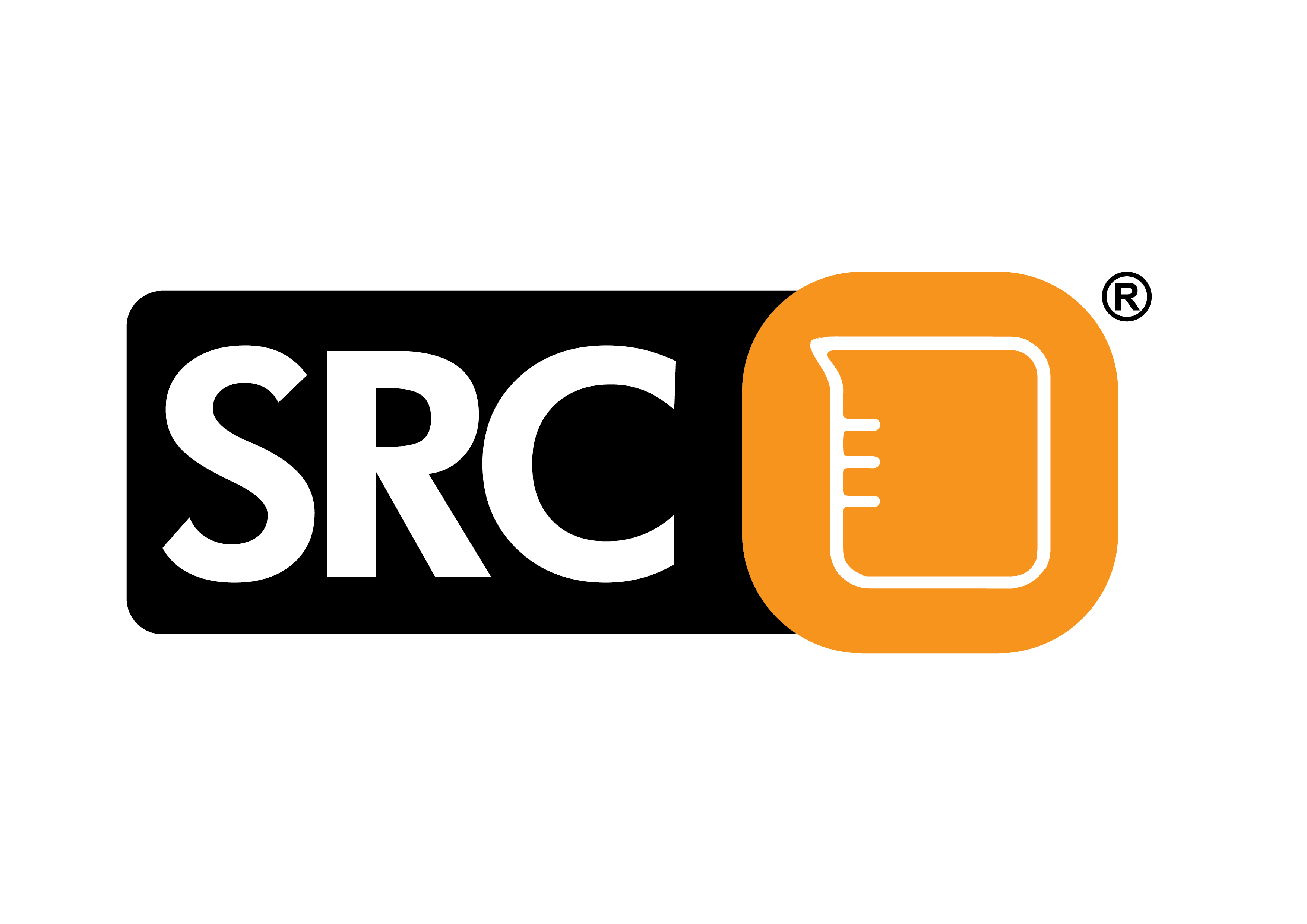SRC ETP Plant: Commitment to Sustainable Wastewater Treatment
At SRC, sustainability is not just a commitment, but a core value that drives every aspect of our chemicals operations. To further enhance our environmental responsibility, we have implemented a state-of-the-art Effluent Treatment Plant (ETP) with a significant capacity of 60 tons per day. This facility reflects SRC’s dedication to minimizing the environmental impact of our chemicals manufacturing processes by treating industrial wastewater and ensuring that our operations contribute to a cleaner, healthier environment.
What is an ETP Plant?
An Effluent Treatment Plant (ETP) is a specialized facility designed to treat industrial wastewater, or effluent, to remove contaminants, pollutants, and harmful chemicals before they are released into the environment. ETP systems use various treatment methods, such as chemical, biological, and physical processes, to purify water and ensure that it complies with environmental standards and regulations.
ETPs are essential in industries where large volumes of wastewater are generated, ensuring that the effluent is treated to meet the required quality standards for safe discharge. The treated water can often be reused for other purposes, reducing overall water consumption and promoting sustainability.
Features of SRC’s ETP Plant
- High Capacity: SRC’s ETP plant is equipped with a daily treatment capacity of 60 tons, ensuring that all effluent generated during our production processes is effectively treated. With this high capacity, the plant can handle large volumes of wastewater while maintaining efficiency, ensuring that our operations continue smoothly without any environmental compromise.
- Advanced Treatment Technology: Our ETP plant is equipped with the latest treatment technologies, which include multi-stage filtration, chemical treatment, and biological filtration processes. These advanced systems effectively remove contaminants such as suspended solids, organic matter, and harmful chemicals from the wastewater, ensuring that only clean water is discharged. The use of modern technologies helps achieve a higher level of treatment, ensuring the water meets stringent environmental standards.
- Eco-Friendly Operation: SRC’s ETP plant is designed to operate with minimal environmental impact. The facility incorporates energy-efficient technologies and waste-recycling practices that help reduce its carbon footprint. Additionally, the plant’s operations are continuously monitored to ensure optimal performance, ensuring that our water treatment processes are both effective and sustainable.
Importance of the ETP Plant for SRC
- Environmental Responsibility: At SRC, we recognize the importance of protecting the environment and minimizing the impact of our manufacturing activities. The ETP plant plays a vital role in this by ensuring that all effluent is treated before being released, thus preventing harmful pollutants from contaminating nearby water bodies. This commitment to environmental stewardship aligns with our broader sustainability goals.
- Compliance with Environmental Regulations: The operation of an ETP plant is critical to complying with local and international environmental regulations. By treating wastewater to meet or exceed regulatory standards, SRC ensures that our operations remain compliant with environmental laws. This not only helps us avoid penalties but also demonstrates our commitment to sustainable practices that benefit both the environment and the community.
- Water Conservation and Reuse: In addition to treating wastewater, SRC’s ETP plant contributes to water conservation efforts. The treated water can be reused for non-potable purposes, such as irrigation, cooling systems, or cleaning, reducing our reliance on fresh water sources. This contributes to a more sustainable water usage strategy, helping to preserve local water resources for future generations.
- Enhanced Operational Efficiency: By maintaining an efficient ETP system, SRC ensures that wastewater treatment does not disrupt manufacturing processes. The plant operates seamlessly, providing continuous treatment without affecting production schedules. This consistency in wastewater management enhances the overall efficiency of our operations, reducing the risk of delays and ensuring uninterrupted productivity.
Meeting Industry Standards
SRC’s ETP plant adheres to all relevant industry standards and regulatory requirements. The plant’s operations are subject to strict monitoring and control measures, ensuring that the treated effluent consistently meets the quality benchmarks for discharge. This commitment to quality treatment strengthens SRC’s reputation as a responsible, reliable manufacturer that prioritizes environmental protection.
The 60-ton-per-day ETP plant at SRC plays a crucial role in our commitment to sustainability and environmental responsibility. By investing in cutting-edge wastewater treatment technology, we ensure that our operations contribute to a cleaner environment, while maintaining the highest standards of quality and efficiency. Our ETP plant is a key component of our overall environmental strategy, supporting our efforts to minimize waste, conserve water, and reduce our ecological footprint.

